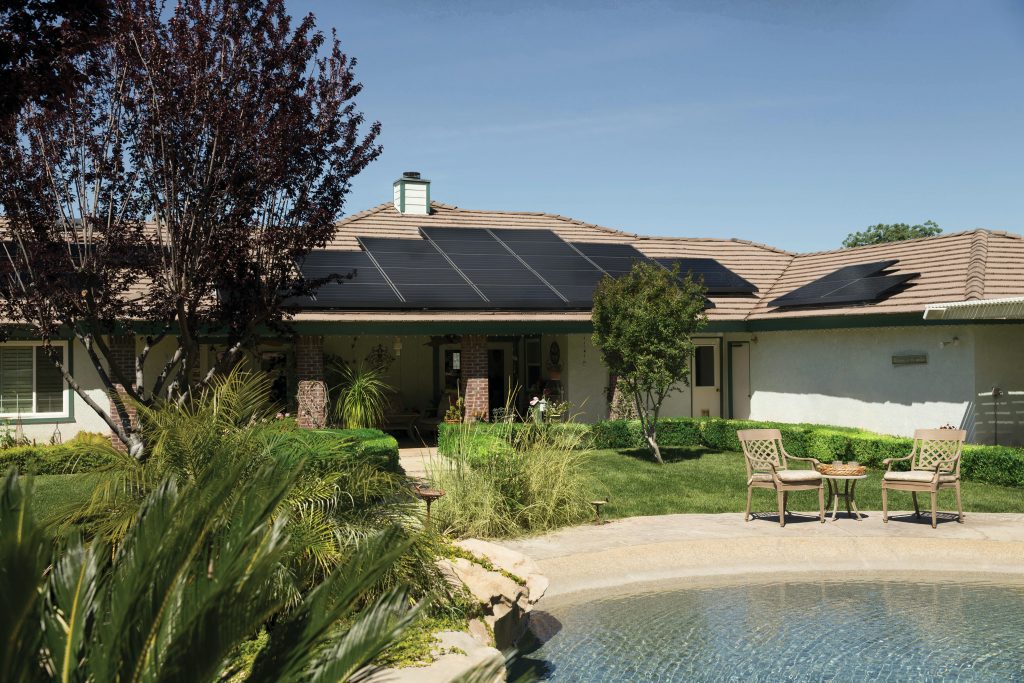Soaring prices for items such as gas, airline tickets, food, and more are signaling alarms to economic experts. According to a June report by the University of Michigan Surveys of Consumers, buyer sentiment decreased by 14.4 percent in June, and roughly 79 percent of consumers anticipate bad times for business conditions in 2023.
University of Michigan economist Joanne Hsu said, “As higher prices become harder to avoid, consumers may feel they have no choice but to adjust their spending patterns.” Some economists project a 50 percent chance that the United States economy will slide into a recession before 2024.
For Michigan, the automotive industry is a telltale sign of a potential recession, as huge layoffs generally begin there. When people are out of work, they swiftly cease taking out vehicle loans.
Strong consumer demand has outpaced supply, as semiconductor shortages have put auto production behind for nearly two years. This unusual trend is leaving automakers with empty lots. Car sales in April and May of 2022 were ultra-low due to lack of supply, not demand.
According to some consumers, a recession is already happening due to the United States jobless rate being 3.6 percent in June for the fourth month in a row. For Michigan specifically, the jobless rate was 4.3 percent in May.
Technically, a recession is labeled as an economy that shows negative growth for two consecutive quarters. It is possible that the United States economy could slip into this trend, but the stark recession in 2020 lasted only two months at the beginning of the COVID-19 pandemic.
The Great Recession took place between December 2007 and June 2009. The jobless rate stayed around nine percent and higher for most of 2009 and 2010.
Gabriel Ehrlich, director of the University of Michigan’s Research Seminar in Quantitative Economics, says he doesn’t see a recession as inevitable. He warned that a recession could be sparked by the Federal Reserve’s effort to fight inflation along with the war in Ukraine.
“All bets are off if supply chains have major problems. That’s the number one wild card.”
———————————–
EB Mortgage is a locally owned mortgage company with experts in new home purchase, refinancing, and commercial loans. Our wholesale rates can’t be beaten. We offer more products, more options, and more solutions. Our “3C” Process is simple: complete our pre-approval request, consider options based on your requirements, and choose the offer that suits your needs best. Call us or e-mail us today!
Written by the digital marketing team at Creative Programs & Systems: https://www.cpsmi.com/

